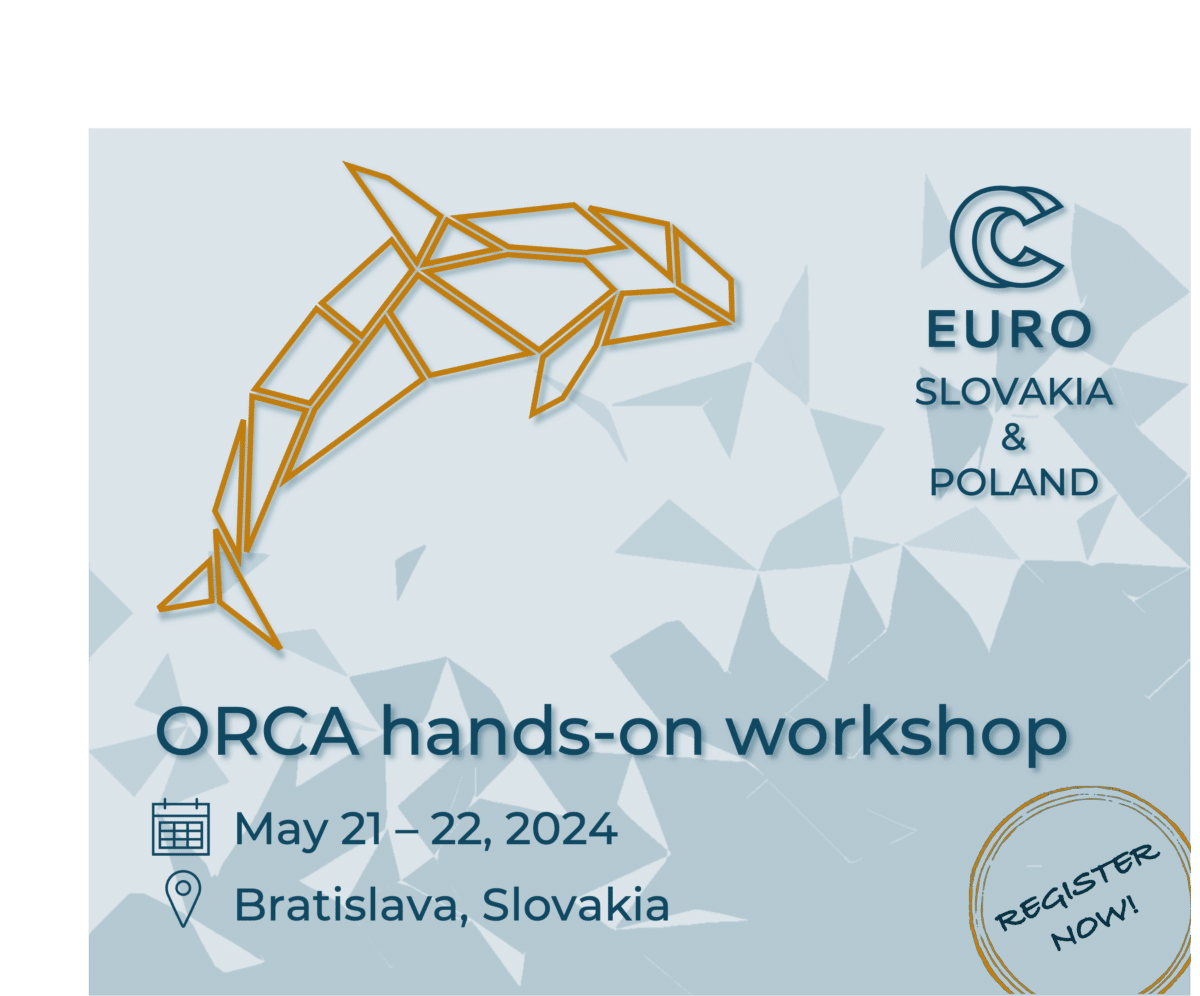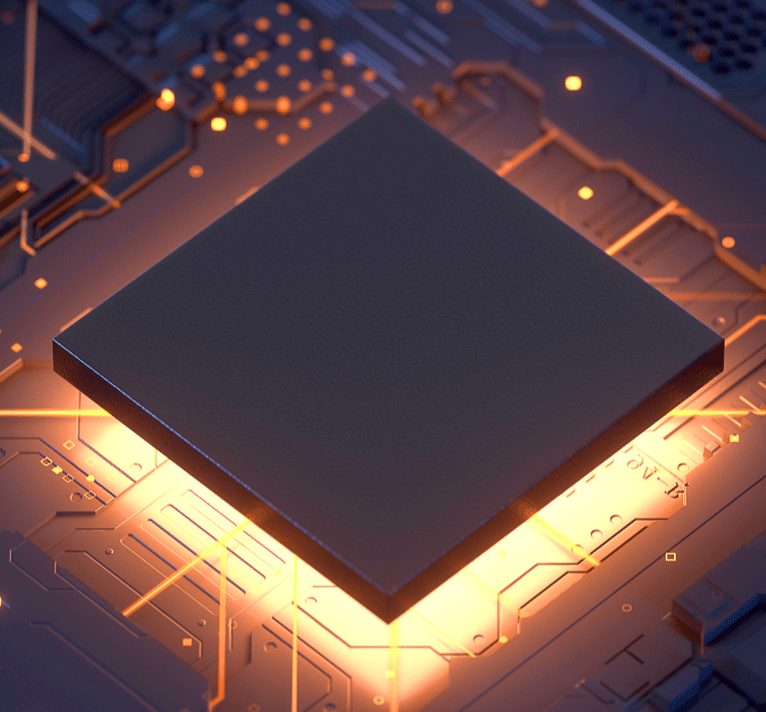A consortium of three partners: start-up “CastPrint”, Riga Technical University (RTU) HPC Center, and University of Latvia (UL) Numeric Modeling Institute has secured funds/resources from the research and Innovation Support program “Horizon 2020”, to improve the quality of personalized medical auxiliary equipment produced by the company using supercomputer calculations and to reduce production time.
“CastPrint” specializes in the creation of individually designed 3D-printed fixators for the treatment of various fracture types. The UL Institute of Numerical Modeling will develop numerical models of fixers and topological optimization algorithms for the needs of the company, while also organizing an assessment of the durability of the new product. Meanwhile, the RTU HPC Center serves as the largest supercomputer resource provider in Latvia with knowledge of the necessary technical and software provision for the successful execution of the project. “CastPrint” will have to ensure that the models of fixators created with the help of the supercomputer, as well as the printed material itself, meet the requirements of the patient, medical, and manufacturing quality requirements.
“To be able to compete in the global market, the involvement of HPC in the processes of high-tech enterprises is rather inevitable. I hope that we will see more and more good examples of introducing technologies corresponding to the standards of «Industry 4.0» in Latvian companies, especially given that supercomputers in Latvia can be used by anyone who has such an interest,” Jānis Virbulis, head of the Semiconductor Technology Laboratory at the UL Institute of Numerical Modeling, comments. He also adds that companies interested in employing these technologies in their process, but lacking the knowledge, will be assisted by the Latvian HPC Competence Center.
«Latvians have a saying “The end of the bag is open!” and that’s what I would like to say about this first success in the FF4EUROHPC project competition,» EuroCC project manager of Latvia, RTU lead researcher, Ilmārs Slaidiņs concludes. “Already back in January 2021 there was the first project competition when we had just started the EuroCC project, but there were already three candidates from Latvia for the second contest in September. We hope that we will see more applications from Latvia for the next competition.”
The consortium formed by the start-up company and universities gained a win the programme’s “Horizon 2020” FF4EUROHPC competition, obtaining € 140 000 for the implementation of the project. The implementation phase of the project will be launched on March 1 and is intended to last for 15 months.
The FF4EUROHPC programme facilitates access to high-performance computing technologies for small and medium-sized European enterprises, thereby increasing the innovation potential of the European industry as a whole. The competition of project ideas is being organized every year, resulting in an array of “experiments” that allow demonstrating the abilities of supercomputers, or HPC, to drive the development of innovative products and also to add value to the overall industry development at national and European level. More information: https://www.ff4eurohpc.eu/.



